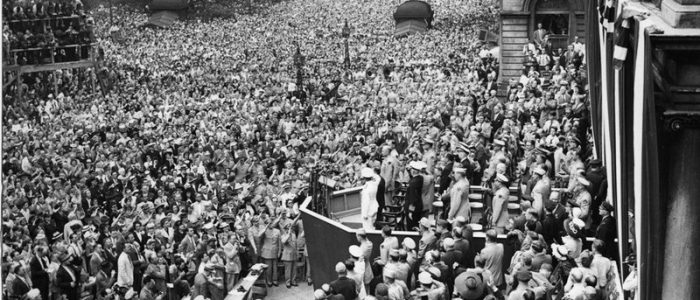FOCUS ON WHAT’S IMPORTANT, NOT WHAT’S URGENT
Negotiators often have to decide what to focus on. It might seem that people will naturally concentrate on what is most important; after all, that’s the rational thing to do. But as we at Mobus Creative Negotiating keep emphasizing, human beings are not always rational.
Recent research by a team led by Johns Hopkins University professor Meng Zhu, published in the February 2018 Journal of Consumer Research (“The Mere Urgency Effect”), shows that often people choose to perform tasks seen as more urgent instead of those with larger payoffs that area seen as less urgent.
Sometime that might make sense: it can be wise to concentrate on that with a more immediate and certain payoff rather than something less certain with a much bigger potential return. But often the perceived urgency is spurious or artificial, such as a perceived “expiration date” which may not in fact exist or could be negotiated away.
As described in the Washington Post (https://www.washingtonpost.co
Surveys show that the busier a person is at work, the more likely they are to prioritize what is urgent to the point that they cannot accomplish more important tasks. When under pressure, negotiators may feel that they have to settle first the problem that is getting the most attention, or the one that the other side keeps harping on about. It is very difficult to keep in mind the big picture, to remember that the most important thing to resolve is what matters most. Sometimes the “urgent” issue just has to be forgotten.
A quote attributed to President Dwight Eisenhower is, “I have two kinds of problems, the urgent and the important. The urgent are not important, and the important are never urgent.”

